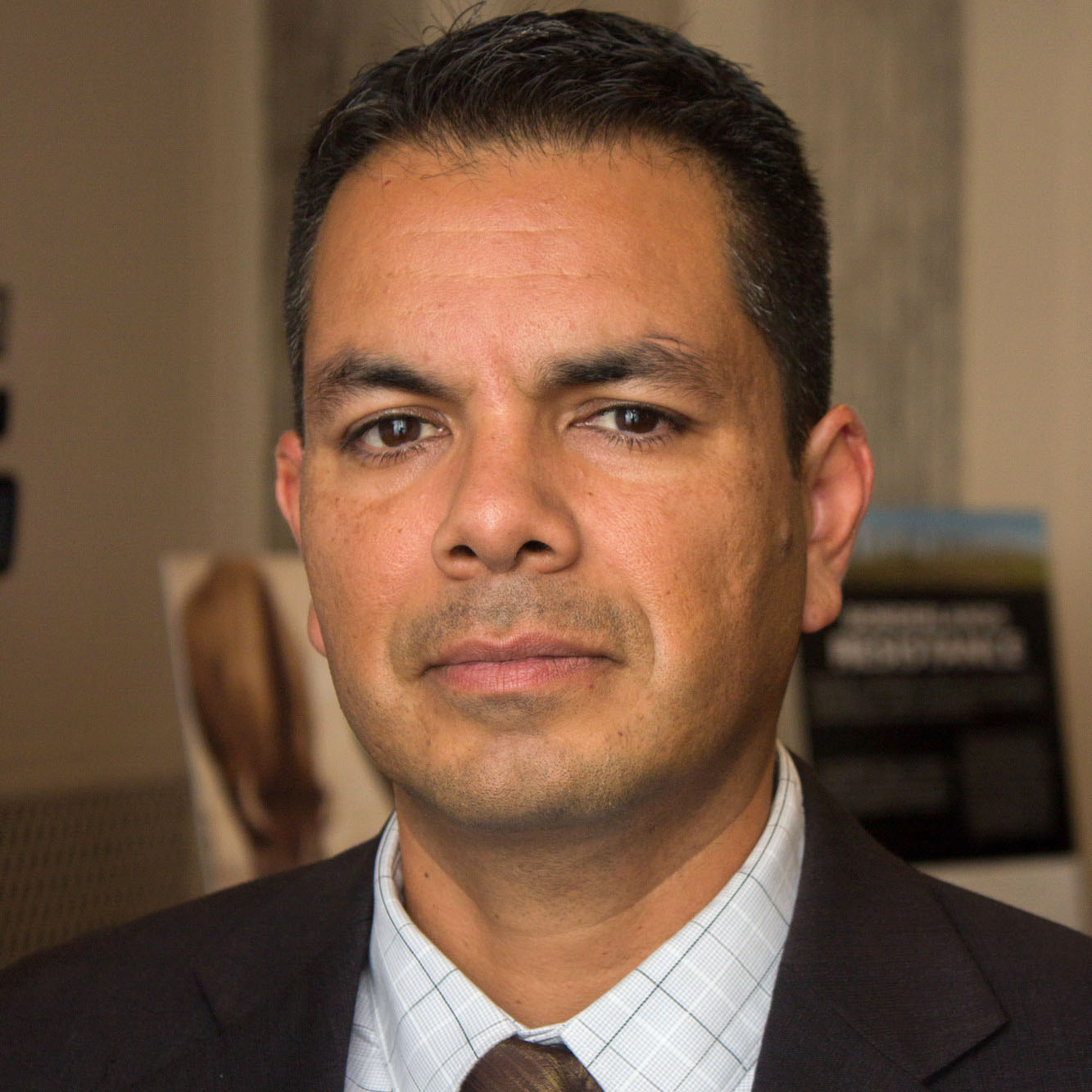Soon after taking office, President Joe Biden ordered the suspension of the Trump administration’s cruel “remain in Mexico” policy. Officially known as “Migrant Protection Protocols (MPP),” the program has forced tens of thousands of asylum seekers to return to Mexico—for an indefinite amount of time—while their claims are processed. MPP is a clear violation of U.S. and international law and has placed asylum seekers in further danger, with many facing violence, obstacles accessing legal services, and unsanitary conditions amid pandemic.
Now the Biden administration must work to bring those who are already in the MPP program to the United States to complete their asylum process in safety—and ensure the immigration legal system is prepared to resolve cases humanely and with due process.
On Feb. 19, the Department of Homeland Security (DHS) began processing people under the MPP program. In coordination with Mexican authorities and international aid groups, DHS processed 25 people at the San Ysidro Port of Entry between Tijuana, Mexico, and San Diego, California. While this number is small compared to the thousands waiting to be processed for asylum under MPP, it represents a step forward in the United States’ recognition of its obligations to adhere to asylum agreements and the need to protect vulnerable migrants.
However, there are thousands of migrants who are not in the MPP program. They remain in a state of uncertainty in Tijuana. AFSC staff from the U.S.-Mexico Border Program and the Latin America and Caribbean Region joined human rights advocates from various local organizations in a monitoring brigade in Tijuana. We passed out informational flyers related to the new procedures the U.S. government is undertaking to allow a limited number of people under the MPP to continue with asylum claims in the United States.
Unfortunately, advocates discovered that confusion and misinformation—much of it caused by rumors and poor outreach by U.S. and Mexican government agencies—created frustration for migrants in the area. The members of the brigade distributed over 1,500 flyers in Spanish, English, and Haitian Creole to migrants hoping to get information about how to file new claims or continue with existing asylum claims. We also responded to as many questions as we could.
AFSC staff will continue to work with the monitoring brigade on the ground to support migrants as they navigate through difficult circumstances—and we will keep up our call for the administration to affirm the human right to seek asylum freely and treat migrants with the respect and dignity we all deserve.
You can take action today. Contact the Biden administration and urge the president to address root causes of migration—and respect the rights of all migrants, asylum seekers, and all who seek international protection.
